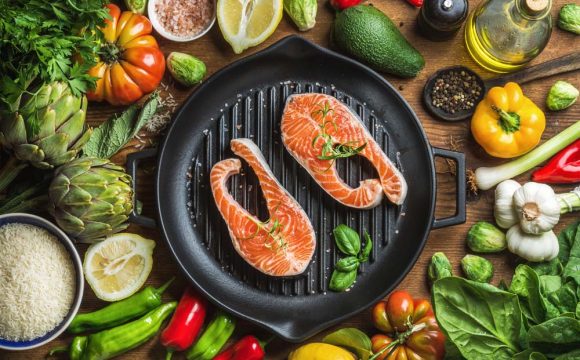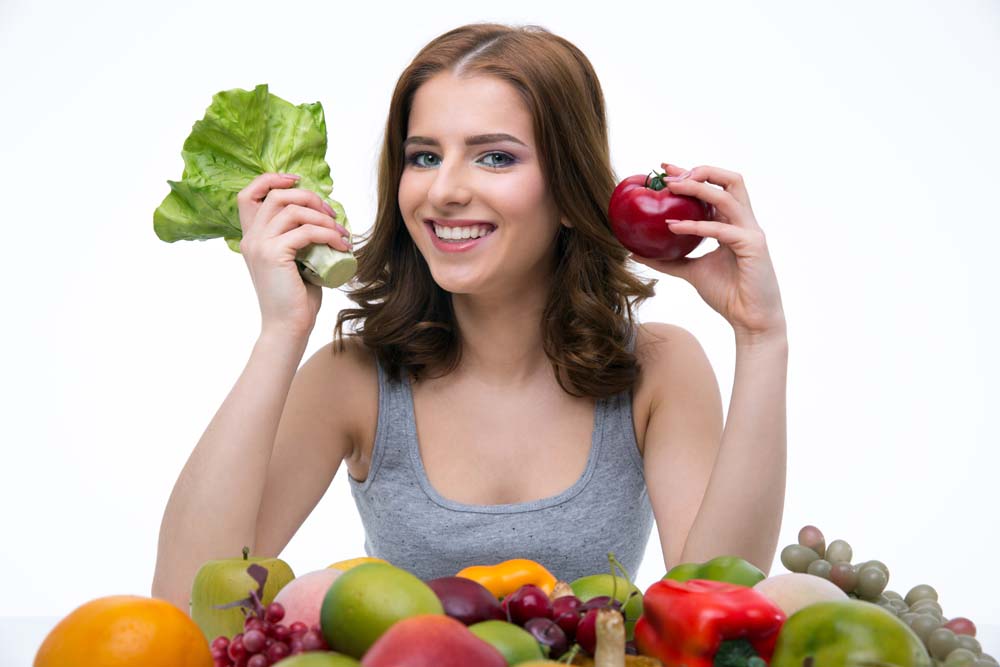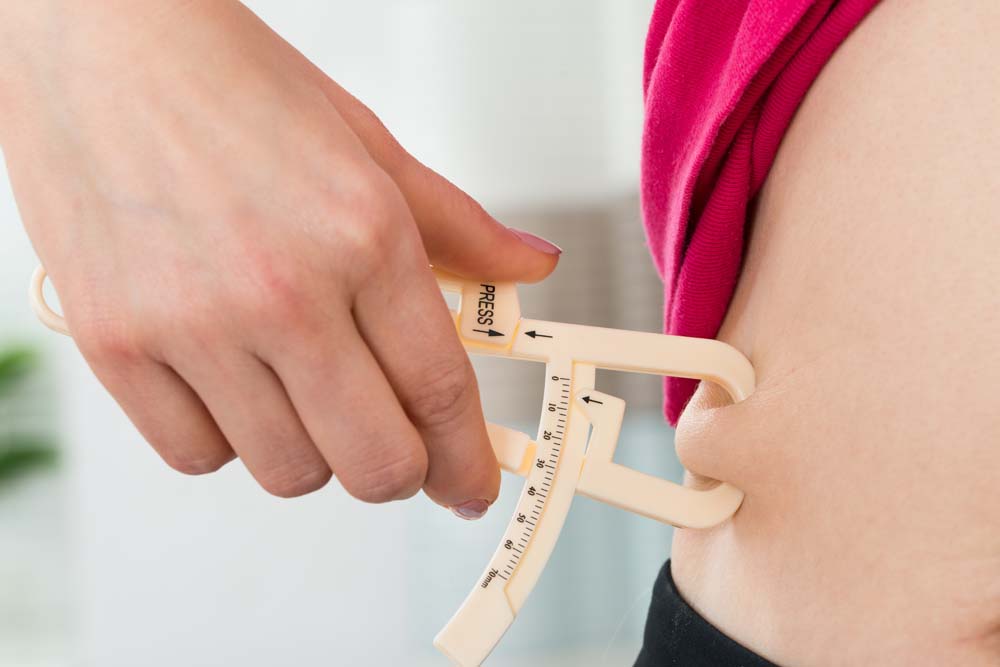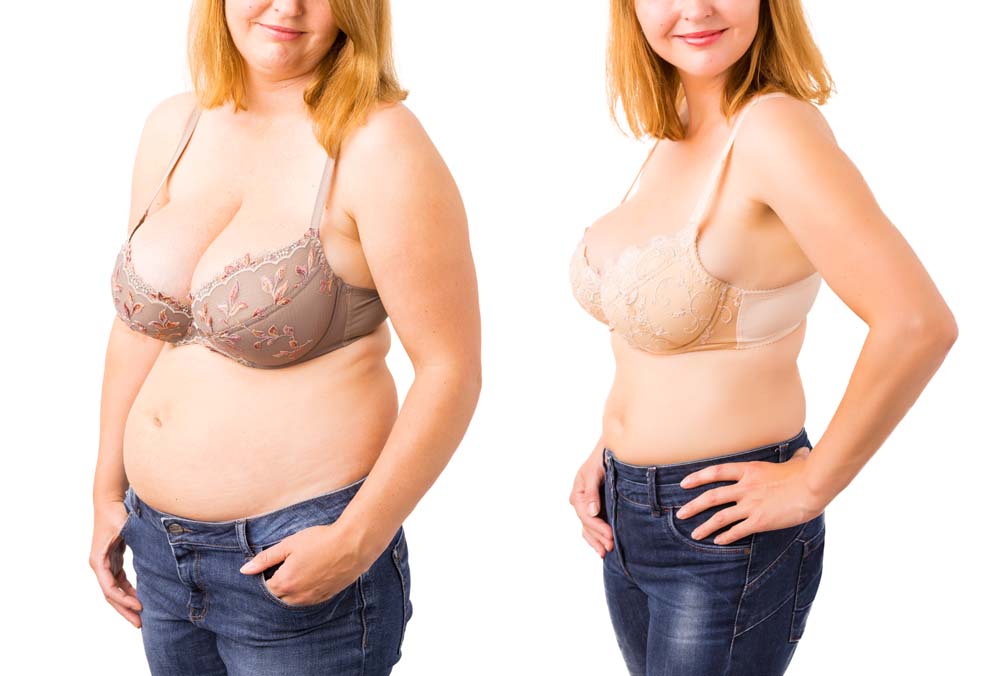The HCG diet uses a combination of low calorie intake and human chorionic gonadotropin (HCG) supplements to help people lose weight quickly and safely. The original diet protocol involved eating only 500 calories per day. Although the HCG injections help with reducing caloric intake, some people struggle to adhere to the 500 calorie limit. People who are very active or who are used to eating five or six times that much per day may quit halfway through the plan.
The Dr Richard Lipman HCG diet plan allows 800 calories per day instead of 500. This version is slightly easier because it allows for larger meals or snacks during the day. According to reviews from individuals who have completed the diet, the results are still very successful even though the caloric intake is slightly higher. During the program, women usually lose 15 to 25 pounds, and men lose 25 to 30 pounds.
Dr Lipman hCG Diet Phases
The Dr Lipman HCG diet plan involves three phases. Individuals should strictly follow the rules of each phase to be successful.
- Phase One: The first phase covers the first two days of the diet. During the first phase, you should eat excessive amounts of high-fat foods while supplementing HCG once per day if you’re using injections and twice per day if you’re using drops.
- Phase Two: The second phase lasts for 26 days. During this phase, you will follow the 800-calorie diet plan and continue to supplement HCG. However, you should stop the HCG dosing on day 23.
- Phase Three: For at least three weeks after the 800-calorie phase, you should follow a 1200 calorie diet with plenty of low carb and high protein foods. This will prevent you from overeating and gaining back the weight lost during phase two.
HCG Intake
HCG is naturally produced in the body, and medical professionals often use it to treat a wide variety of conditions. The hormone helps pregnant women metabolize fat to use for energy, so supplementing the hormone speeds up fat burning.
You can either have HCG injections or take sublingual drops. Both methods should be used every day, but injections tend to be more successful.
Foods Allowed on Dr Lipman’s Plan
The Dr Lipman HCG diet protocol focuses on foods high in protein, which keep you full and provide you with a steady supply of energy throughout the day. This is very important when reducing calories. The HCG Dr Lipman diet plan is similar to the original diet plan, but there are more snack foods allowed. The protocol outlines the specific foods allowed for each meal.
Breakfast: Calories for breakfast should total around 160, and all of the food should be fat-free. You can drink coffee, tea, or another sugar-free drink with breakfast. Foods on the breakfast menu include:
- Protein bar or shake (sugar free)
- Egg whites
- Cottage cheese
- Yogurt
- Cheese wedge
- Apple or strawberries
All meals should have one protein food, so egg whites, cottage cheese, and the protein bar are your best options.
Lunch and Dinner: For both meals, you must eat one protein, one vegetable, and one fruit. Allowed protein foods include:
Chicken breast:
- Beef
- Veal
- Crab
- Lobster
- Shrimp
- White fish
Allowed vegetables include:
- Green salad
- Cabbage
- Celery
- Asparagus
- Onions
- Cucumbers
- Tomatoes
- Spinach
- Fennel
- Chard
- Beet-greens
Allowed fruits include:
- Apple
- Orange
- Grapefruit
- Strawberries
Snacks: Snacks give you a chance to satisfy cravings during the day. However, you should still choose snacks high in protein and low in fat and carbs. Also, your snacks shouldn’t make you exceed the 800 calorie daily allowance. Focus on your three main meals, and add in a snack if you have extra calories to spare. Popular HCG diet snack foods you can add to your shopping list include:
- Low carb toast or wraps
- Low fat cookies
- Sugar free popsicles, pudding, or Jello
- Low fat cheese wedges
Dressings, Condiments, and Seasonings: To add some variety to your recipes, you can use lemon, garlic, apple cider vinegar, basil, thyme, salt, and pepper. You can also add calorie-free dressings to your salads. Light Italian dressing and very small amounts of olive oil are sometimes okay, but you shouldn’t add them to your foods regularly. The diet also allows zero-calorie replacement sugars like Splenda and Stevia, horseradish, sugar-free salsa, and hot sauce.








